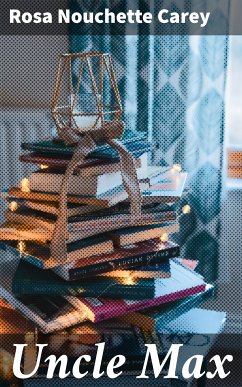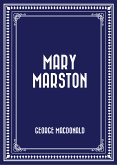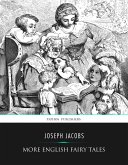In 'Uncle Max,' Rosa Nouchette Carey crafts a compelling narrative that intertwines themes of familial loyalty, social status, and personal growth against the backdrop of Victorian England. The story revolves around the titular character, Uncle Max, who embodies the complexities of a guardian's role within societal constraints. Carey's literary style is marked by vivid characterizations and a keen exploration of gender dynamics, reflecting the period's shifting perceptions of individual agency. As the plot unfolds, it deftly juxtaposes emotional depth with societal critique, inviting readers to ponder the nuanced interplay between duty and desire. Rosa Nouchette Carey, a prominent novelist of the late 19th century, is known for her keen insights into the lives of women and their struggles within the patriarchal framework of society. Drawing from her own experiences and the societal norms of her time, Carey encapsulates the inner lives of her characters with remarkable sensitivity. Her personal background, coupled with her literary influences, positions her as a pivotal figure in the women's literature movement, making 'Uncle Max' a reflection of both personal and social considerations. Readers seeking an engaging blend of romance, moral dilemmas, and social commentary will find 'Uncle Max' to be an enriching exploration of human relationships. Carey's masterful storytelling not only entertains but also serves as a mirror to the evolving identities of her time, inviting contemporary audiences to engage with its timeless themes.
Dieser Download kann aus rechtlichen Gründen nur mit Rechnungsadresse in A, B, BG, CY, CZ, D, DK, EW, E, FIN, F, GR, H, IRL, I, LT, L, LR, M, NL, PL, P, R, S, SLO, SK ausgeliefert werden.









